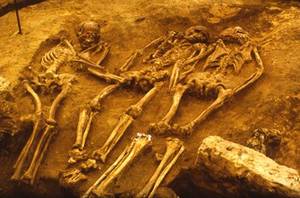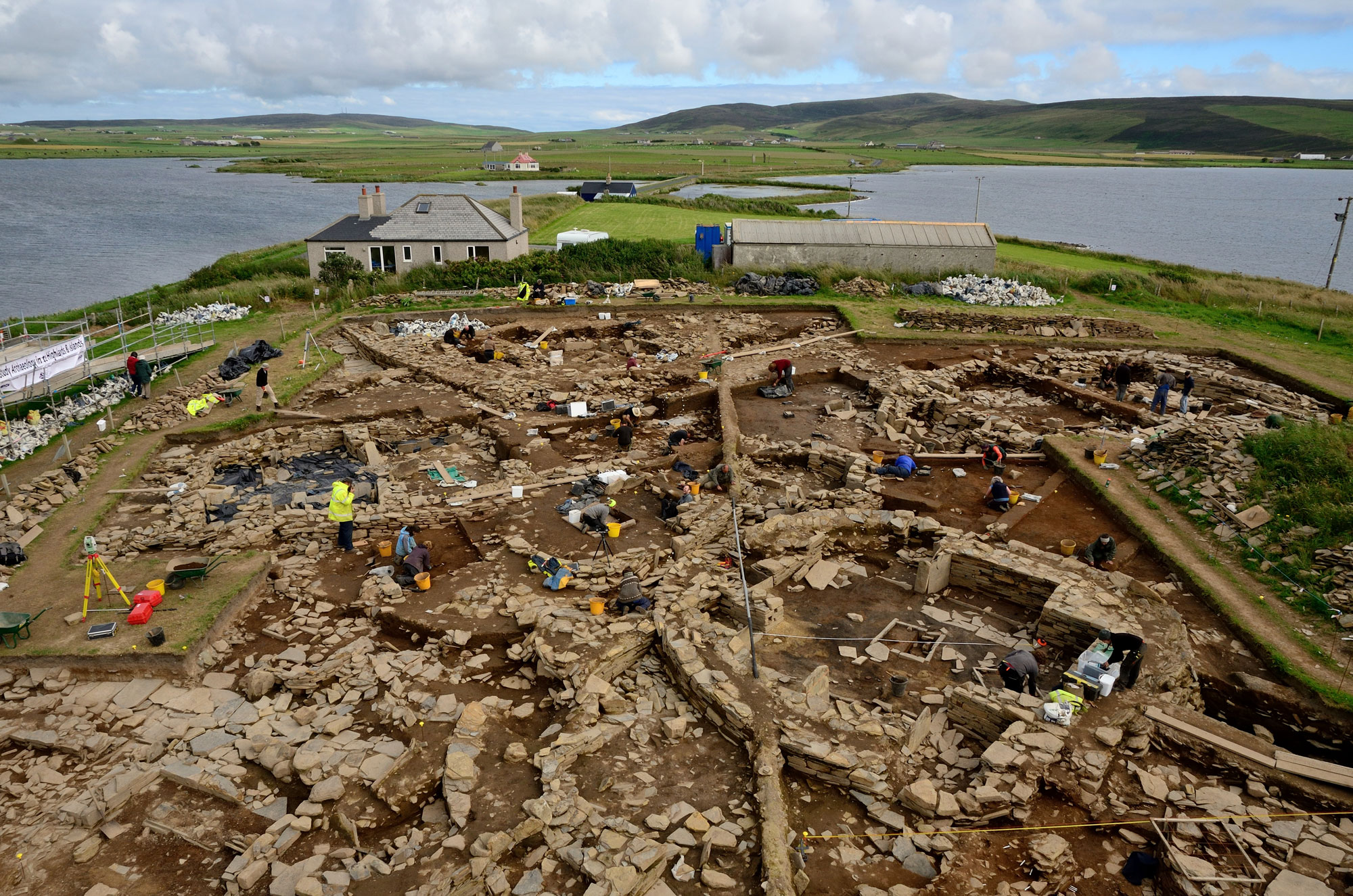
TÜBINGEN, GERMANY—A new analysis of the rate of genetic mutation in samples of ancient mitochondrial DNA from Europe and Asia suggests that early human ancestors first left Africa between 62,000 and 95,000 years ago, dates that “agree with what we know from archaeology,” said biologist Alissa Mittnik of the University of Tübingen. The study, led by Johannes Krause of the University of Tübingen, used samples ranging in age from the Paleolithic era, including those from the famed triple burial of Dolni Vestonice in the Czech Republic, to the medieval period. A slower rate of genetic mutation had been calculated in a previous study of nuclear DNA, which meant that genetic differences in modern humans would require an “out of Africa” date of more than 200,000 years ago.









